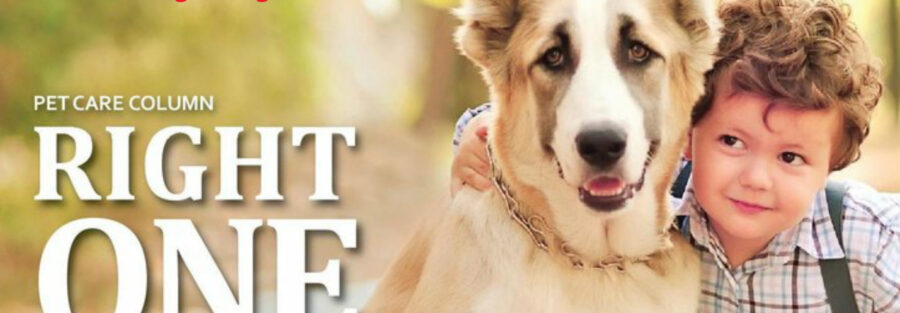It is paramount to think about why you want a dog and what your expectations are as for all their attributes, they are a 12 to 15 year commitment
Thinking about getting a dog?
Dogs are wonderful companions! They are always happy to see you. They can also be a wonderful comfort after a long and difficult day. It is their playful nature that makes us forget our troubles and make us laugh. They can most certainly teach us a lot about trust and loyalty. In fact, a more perfect friend is hard to come by.
what to consider
But before you even start to look at possibilities of having a dog in your life, there are important considerations to ponder. Such as what effect the dog will have on your home and your personal life. It is paramount to think about why you want a dog. You should consider what your expectations are as for all their attributes, they are a 12 to 15 year commitment.
what kind of dog will you get?
Don’t be fixated on a particular breed of dog. Whether a pure breed or a mixed breed dog, you should never decide upon looks alone. Fo instance, size, temperament and age of the dog should play a major role in your decision. The first thing to do is to do your research and find out whether the dog you are looking at getting, will fit your lifestyle. For instance, If you are very active and want a companion to go running with you or accompany you on hikes. In this case you should consider a dog with a completely different energy level to someone who prefers a nice stroll around the neighbourhood.
How much time do you have to devote to a dog?
Dogs are pack animals and live every waking moment to be with you and do things with you. So, when you are bringing your new dog home, try to take some time off to devote to bonding, setting house rules and getting your dog into a schedule. Dogs are routine orientated and once they have a good schedule they are happier and more balanced. In addition, each dog has a different genetic makeup and personality. As a result, by adapting a routine that satisfies both mental and physical requirements you will avoid many behaviour and destructive problems.
Living environment for your dog
Having the right available space for your dog is another major consideration. Some breeds of dogs require more space than others and may not be suitable for apartment living. But even dogs who have a large garden to enjoy need to get out for walks or other activities so they don’t become bored and start chewing up plants and digging, or develop a barking problem.
Where to keep your dog?
Many people share their main living space with their dogs. However, if culturally it is not conducive and your dog does not live in the house, then supply your dog with a room with air conditioning to keep them cool, particularly in the summer. Your pooch will be happier and healthier for it! Remember to get them out often so the time they spend in their room will be a time of relaxation.
Caring for your dog
Dogs can live long and happy lives if you follow simple guidelines of a good balanced diet that has suitable nutrition for your dog’s age and breed. Also, treat your dog regularly for parasites such as deworming and for fleas and ticks. Finally, a weekly nail trim and ear cleaning will help avoid discomfort and brushing your dog’s coat regularly will make her coat look great and serve a wonderful bonding time for you. Schedule an appointment with your veterinarian. You can discuss the best health solutions for your pet and most importantly, get to know your dog well. So you can recognise when they are displaying a possible health problem.
Train them, don’t blame them
Your dog won’t understand what you are expecting of him/her unless you show them. The best rule of thumb is to train and reward good behaviours and avoid bad behaviours by not encouraging them. For instance, dogs will jump up on you to display their excitement and solicit attention from you. If they receive praise or petting while jumping up you are reinforcing the behaviour. That’s why teach him to receive your attention but only once he is calm and polite. Use your body language and turn your body away from the dog, or walk forward into your dog mak ing him back up. Finally, when he has all four paws to the floor ask him to sit and then praise him for sitting.
When to start training
Start training from a young age. I recommend starting to train name recognition and simple commands such as sit and recall from as early as two months old. By four months, your dog is ready for basic obedience. Remember all the groundwork you put in to a new puppy will stay with your dog for the rest of their lives. So, teach good habits, manners and skills so you and your new friend can live a long and happy life.



